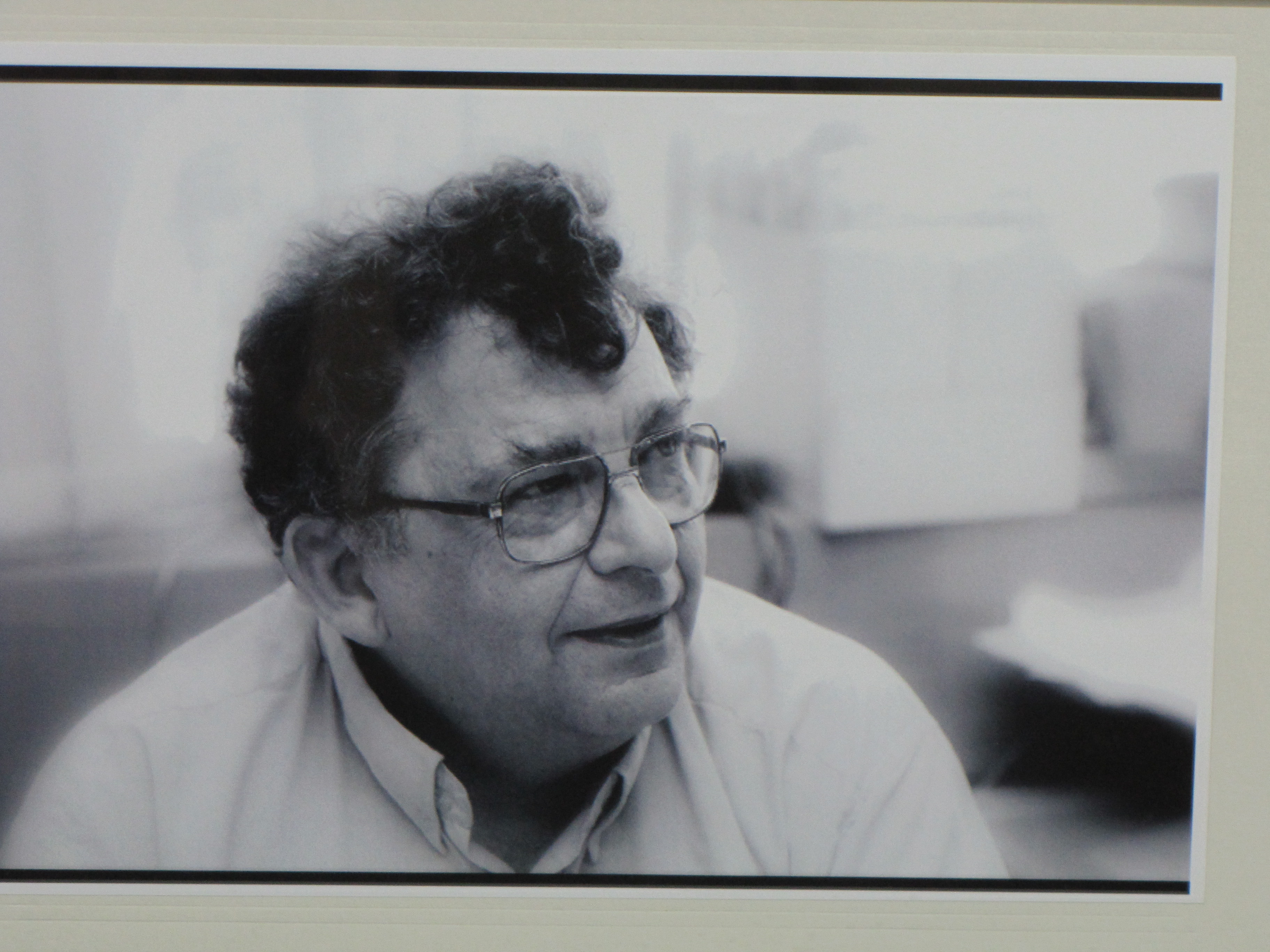In Memoriam
The late Professor Yitzhak (Itzik) Goldhirsch
The Faculty of Engineering and the School of Mechanical Engineering are stunned and grieving over the sudden death, at the age of 60, when he was at the height of his scientific powers, of Professor Itzik Goldhirsch, a senior faculty scientist and incumbent of the Klachky Chair in Rheological Flows. A person who was admired and loved by all, Itzik was that rare individual in whom so many great qualities come together, each of intensity and quality which is hard to describe and which only those who knew him can appreciate.
Later, I will talk about Itzik as someone with a temperamental and captivating presence combined with a sensitive and refined approach towards other people, but first I will talk about Itzik the scientist, because as his fellow academics knew, science was the center of his world. Professor Goldhirsch was consummately devoted to scientific investigation. Everyone was impressed by his inexhaustible work into the small hours of the night, every day of the week. He did this because he loved science, and his efforts bore fruits.
Itzik was a brilliant person of rare intellectual and analytical powers, a creative individual endowed with a rare gift that allowed him to convey ideas clearly and profoundly. He was passionate about knowledge and learning; he was interested in every subject and was a genuine polymath. His mastery of eight languages, his unfathomable memory, and his tremendous ability to learn were an example to us all. This rare combination of qualities led to a scientist who worked and contributed in a wide variety of physics, math, and engineering disciplines. His scientific base lay in continuum theory in the context of dynamic non-linear systems, stability, chaos, random systems, and macroscopic systems. From that starting point he made many important contributions to statistical physics, solid state physics, flow mechanics, thermodynamics, elasticity theory, computational methods, and other fields. He collaborated with the world's leading scientists in these areas. According to Prof. Ze'ev Schuss and Prof. Philip Rosenau, the subjects he contributed to significantly could have provided the basis for several distinguished scientific careers.
But above all Itzik was identified with granular matter, especially granular flow, a field that he was exposed to about 20 years ago and in which he is now regarded as the world's top authority. With his own hands, Itzik transformed this field into a science with structured theoretical methodologies and insights, all based on his work and ideas. He developed models that could be used to apply statistical mechanics methods to granular medium. His strong physics and chemistry background helped him do this, although the scientific theory he produced would not have been possible without his tremendous intuition and, imagination, his pioneering creativity, and his analytical and technical gifts. His early contributions led to the establishment of granular gas and granular solid theory. In particular, he was the first person to discover the formation of clustering instabilities in granular medium and supplied the explanation known today as "collisional cooling." These theories are the building blocks of granular matter science. Based on basic physics principles and brilliant understanding he developed a model for non-isotropic stress in granular matter and later developed flow equations for granular gasses whose members are a transition to the hydrodynamic description of the Navier Stokes equations. He also developed numerical models for solving these flow equations. Here we should recall that Itzik was also an authority on computational methods and he cooperated in particular with Professor Steven Orszag of Princeton for some 20 years on developing numerical methods for flow movement.
Itzik was editor-in-chief of the field's leading journal, Granular Flow and editor for this subject in the prestigious Journal of Fluid Mechanics. He was a member of the scientific boards of many other journals, a fellow of the American Physical Society, and served as the advisor for many doctoral, masters, and post-doctoral students.
The scientific community that Itzik promoted and led is still developing and expanding and now includes engineers, mathematicians, physicists, chemists and others. The implications of this field are manifold, encompassing descriptions of natural phenomena such as planetary rings, atmospheric and interstellar dust, sand piles and dunes, or potentially catastrophic events such as snow and rock avalanches, and mud slides. It is of utmost importance in the chemical industry (where most of the stored, processed, conveyed and handled chemicals are in granular form), the construction industry, the pharmaceutical industry, the energy industry.
Itzik's influence stretched well beyond his direct scientific work. Itzik was bursting with ideas and was a one-man center attracting many colleagues in the university who wanted to tap into his intellect and skills, whether to solve scientific problems or for any other reason: from writing letters of recommendation to discussing career opportunities. His door was always open and inviting and he gave his all to anyone who sought his help.
In recent years, in my capacity as Dean of Engineering, I worked closely with Itzik, who chaired the faculty appointments committee. I learned a lot from him but most of all I liked him as a person. He had a rare charm: he filled the room with his exciting personality, his clear values, his knowledge of detail; his exceptional ability to express himself and great care in the correct use of language, and of course, his marvelous and exuberant sense of humor which went with his kindness. Itzik was honest, sensitive, exceptionally attentive, and gave of himself to everyone, regardless of their status.
Itzik leaves behind a wealth of friends, colleagues, and bereft protégés at the university and around the world. He gave to us all and we all gave back our love and admiration.
We will carry Itzik with us forever in our hearts.
And to Rivka, Netta, and Adi, on behalf the Engineering Faculty family, it has been our privilege and we thank you for the person you gave to us.
(Obituary for Isaac Goldhirsch (1949-2010) (to appear in JFM June 2010 


